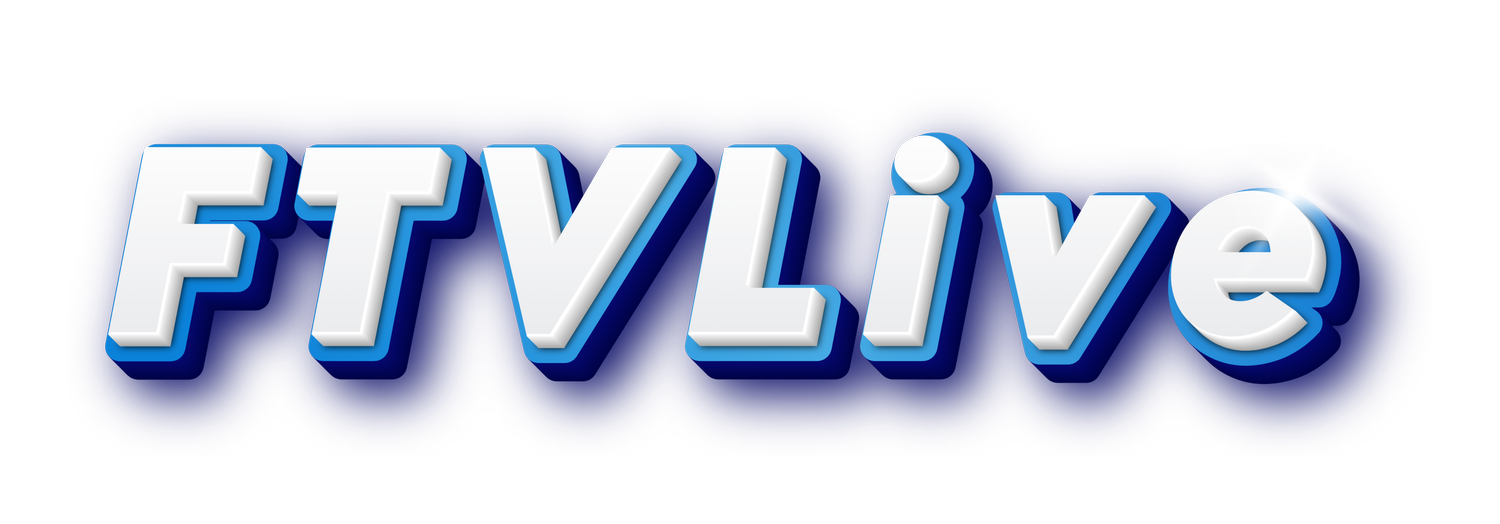Where the Viewer DOESN'T Come First
/A look at how a network like CNN puts profits before the viewers.
In fall 2014, one of the more questionable things that Jeff Zucker's CNN did during John Martin's "Turner 2020" was to completely eliminate the 25-person Viewer Communications Management department. This was essentially the "viewer customer service" group of CNN, the people you spoke to via phone, email or social media if you as a viewer wanted to complain about how biased you thought the network was, submit a breaking news tip or story idea, ask a programming question, etc. The department had existed in one form or the other for 28 years. It began in 1986 as a one woman operation, a wonderful lady named Zola Murdock. Back then it was called CNN Public Information, and received audience comments via viewer phone calls and snail mail. Zola brought on a few new assistants as the number of calls and letters grew, especially during big breaking news events such as the Gulf War.
By the late 1990s, Zola had passed away, and other supervisors followed. In the early 2000s, the department began to add viewer email to the things it monitored and responded to, and as social media use exploded, they began monitoring audience feedback via Facebook and Twitter. In 2007 the department expanded and moved from it's cramped narrow location behind former CNN President Jim Walton's office on the 6th floor to a much larger space on the 13th floor of CNN Center. By then there was a breaking news tip hot-line team (who answered viewer phone calls 24 hours a day), a programming specialist team (they monitored viewer email and social media sites, with each staffer assigned several different CNN/HLN programs), and a tech ops team (they would troubleshoot technical support issues viewers may have with CNN.com videos, email Newsletters, the CNN YouTube page, etc). There was even a person who remained dedicated solely to viewer mail, which continued to come in (someone had to keep tabs on the anchor stalker letters, after all). Three NYC-based team members rounded out the group. In addition to the hundreds and sometimes thousands of daily viewer calls, emails, and social media posts it received, monitored and responded to, the team would produce daily reports for CNN's senior executives and show producers. These reports summarized the things viewers liked and didn't like about the network's coverage and the news topics garnering the most interest.
The department was the first to begin receiving calls from the first witnesses to 9/11 (and received the offer of the footage of the second plane hitting the South Tower of the WTC). During Hurricane Katrina, the department was flooded (excuse the pun) with calls and emails from people desperate to find their missing and stranded loved ones, so the team set up an operation that would document the names and locations of those who needed help (with that information then sent to the Coast Guard). While it was not a (directly) profit generating department, it was still very important to the company and provided a forum for viewers who wanted to be able to talk to a "real person" at CNN. After the layoffs, some of the work done by the group was farmed out to other parts of the company, such as CNN.com and the digital show producers. Whether the work is being done as well as it was before remains an open question. These days, if you call CNN (404-827-1500), the only live person you can speak with is the switchboard operator, who will transfer you to a voice mail that will tell you to leave your comment, question, or news tip on CNN's Facebook page. While it's understandable why the company would move away from phone support, CNN has very likely missed out on many exclusive news tips, story ideas and guest possibilities over the past two years, because not everyone wants to leave their anonymous news tip under their own real name on Facebook. The department's "Team CNN" Twitter page is oddly still up, even though it hasn't been updated since May 2015. And the "Contact Us" page on CNN.com (which used to feature links to the feedback forms for each major CNN/HLN program, as well as links for news tips, program questions, etc) is now just a general web submission form that, in all likelihood, probably isn't being monitored much or at all.
TV news was first started as a public service to the viewer. Now it's all about money, profits and the bottom line.
As Donald Trump would say....SAD!
















